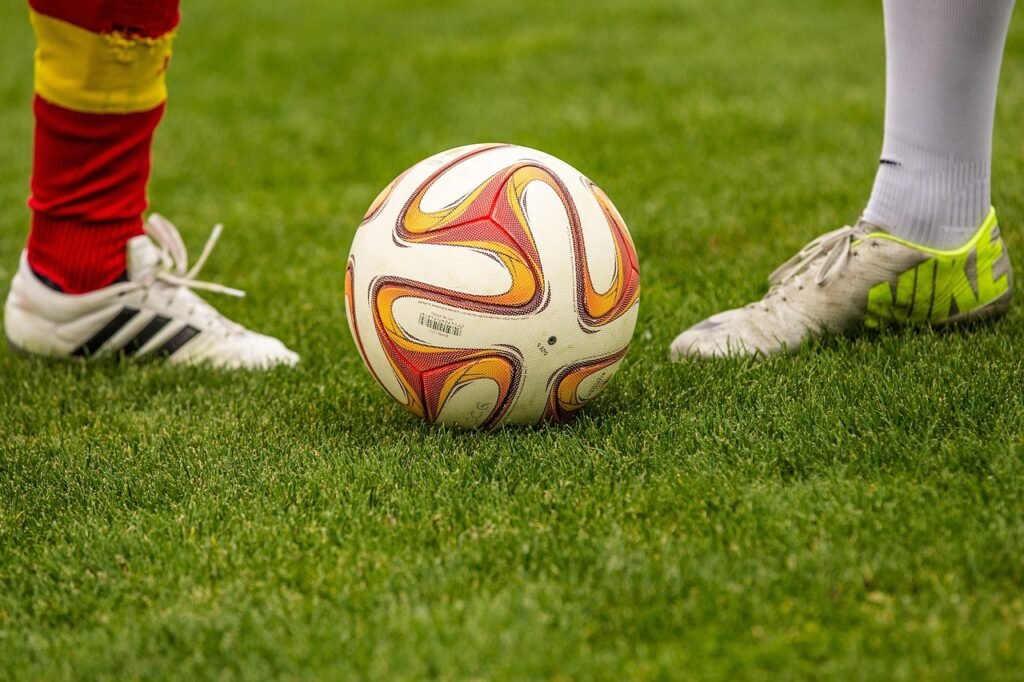Auckland City’s 1-1 draw with Boca Juniors at the 2025 FIFA Club World Cup has captured the imagination of football fans worldwide. In a tournament often dominated by elite professional sides, this result stands out as a testament to the romance and unpredictability of the beautiful game. For UK readers, the story offers a reminder of football’s universal appeal and the enduring allure of the underdog.
A Match Set Against All Odds
Heading into their final Group C fixture in Nashville, Tennessee, Auckland City had already suffered heavy defeats: 10-0 to Bayern Munich and 6-0 to Benfica. The New Zealanders, the only amateur side in the competition, were widely expected to be outclassed by Boca Juniors, one of South America’s most storied clubs. Boca, meanwhile, needed a convincing win and a favour from Bayern to progress to the knockout stages.
Despite the daunting task, Auckland City’s players—many of whom had taken leave from day jobs as teachers, tradespeople, and sales reps—approached the match with determination. The game was played in sweltering conditions, with temperatures soaring above 35°C, and was interrupted for nearly 50 minutes by a lightning storm.
Early Drama and Boca’s Advantage
Boca Juniors began the match with clear intent, dominating possession and creating a flurry of chances. Their breakthrough came in the 26th minute, albeit in fortuitous fashion. Lautaro Di Lollo’s header from a corner struck the post and rebounded off Auckland goalkeeper Nathan Garrow’s arm, resulting in an own goal. For Boca, it was a much-needed lead, but the Argentine side’s nerves were palpable, knowing that a mere win might not be enough for qualification.
Auckland City, despite the setback, remained resilient. Their defensive organisation and commitment frustrated Boca’s attackers, while Garrow redeemed himself with a series of crucial saves. Boca finished the match with an astonishing 40 shots to Auckland’s three, yet the scoreline remained tight.
The Moment That Changed Everything
Just after the interval, Auckland City produced a moment that will live long in the memory of their fans. In the 52nd minute, Christian Gray, a trainee teacher back in New Zealand, rose highest to meet a corner from Jerson Lagos—a barber by trade—and powered a header past Boca’s Agustin Marchesin. The equaliser was Auckland’s first goal of the tournament, sparking wild celebrations among players and supporters alike.
Moments later, the match was halted due to lightning in the area. The 50-minute delay added another layer of drama, with both teams left to stew over what might come next.
VAR Drama and Final Whistle
When play resumed, Boca Juniors thought they had regained the lead through Miguel Merentiel, but VAR intervened to rule out the goal for a handball by Kevin Zenón. The Argentine side pressed relentlessly, but Auckland’s defence held firm, with Garrow making ten saves to preserve the draw.
As the final whistle blew, Auckland City’s players celebrated one of the greatest results in their club’s history. Boca, meanwhile, were left to rue missed opportunities and their exit from the tournament, finishing third in the group behind Benfica and Bayern Munich.
Reactions: Pride, Redemption, and Respect
For Auckland City, the draw was more than just a point—it was redemption after two heavy defeats and a validation of their place on the world stage. Christian Gray described the moment as “a huge result for the part-time club,” adding, “We rely on volunteers, we don’t have a lot of money, so I’m just happy that they’re happy. The club deserves it and I’m happy for the boys. It’s been a long four years building up to this, so I think we got what we deserve”.
Coach Paul Posa echoed these sentiments, saying, “I’m sorry to break some Boca hearts, but we worked so hard. You can’t say we haven’t learned from the experience. It’s a fantastic achievement to take home”.
The New Zealand media, initially critical after the team’s early losses, hailed the result as “remarkable” and “stunning,” with Radio New Zealand noting that Auckland’s “dedicated defence and Gray’s heroics achieved a result that will resonate powerfully throughout the football community”. Even FIFA President Gianni Infantino, present in the stands, was reportedly delighted by the spectacle.
Boca Juniors: Shock and Disappointment
For Boca Juniors, the draw marked a bitter end to their campaign. Coach Miguel Angel Russo admitted his players were distracted by events in the concurrent Benfica-Bayern match, but refused to use that as an excuse. Boca’s failure to progress will prompt reflection, but the match also highlighted the unpredictability of knockout football and the dangers of underestimating any opponent.
The Broader Impact
Auckland City’s achievement resonates far beyond New Zealand. It is a reminder that football’s magic lies in its capacity for surprise and its celebration of collective effort over individual stardom. For UK fans, the story may evoke memories of famous FA Cup upsets and reinforce the idea that, in football, anything truly is possible.
As Auckland’s players return to their everyday jobs, they do so with their heads held high, having restored pride in their club and their region. For Boca Juniors, the focus will shift to domestic and continental campaigns, but the lessons of Nashville will linger.
Conclusion
The Auckland City vs Boca Juniors encounter at the Club World Cup will be remembered as a modern football fairy tale. Against all odds, a team of amateurs stood toe-to-toe with South American royalty and emerged with a result that captured the spirit of the game. In an era of big money and global superstars, Auckland City’s heroics remind us why we love football: for its drama, its surprises, and its unwavering belief in the underdog
To read more click here

